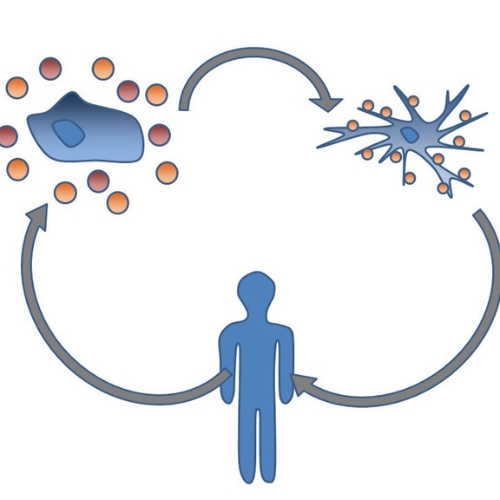Key points from article :
Scientists at the University of Southampton, led by Professor Gareth Thomas, have made a breakthrough discovery that could significantly enhance cancer immunotherapy, a treatment that harnesses the body's immune system to fight cancer. While current immunotherapy treatments benefit only a minority of patients, this research sheds light on a potential way to make the therapy more effective for a broader range of individuals.
The team focused on fibroblasts, a type of cell found in the tumour microenvironment. Traditionally, cancer-associated fibroblasts are known to hinder the immune system's ability to attack tumours. However, Professor Thomas and his colleagues took a novel approach, identifying a specific type of fibroblast that actively supports the immune system’s anti-cancer response. Tissue samples from patients at Poole Hospital helped the researchers analyse head and neck cancers, which often provoke a strong immune reaction.
This newly identified fibroblast appears to stimulate anti-cancer immunity and was also found in other cancer types. Importantly, patients whose cancers contained high levels of these fibroblasts showed significantly better responses to immunotherapy. The findings, funded in part by Cancer Research UK, offer hope for developing treatments that enhance this beneficial fibroblast activity, potentially "supercharging" patients’ immune responses.
Cancer Research UK hailed the study as a major advancement, with the potential to improve survival rates and outcomes for cancer patients undergoing immunotherapy. The next steps involve translating this discovery into practical treatments that could revolutionize cancer care.








